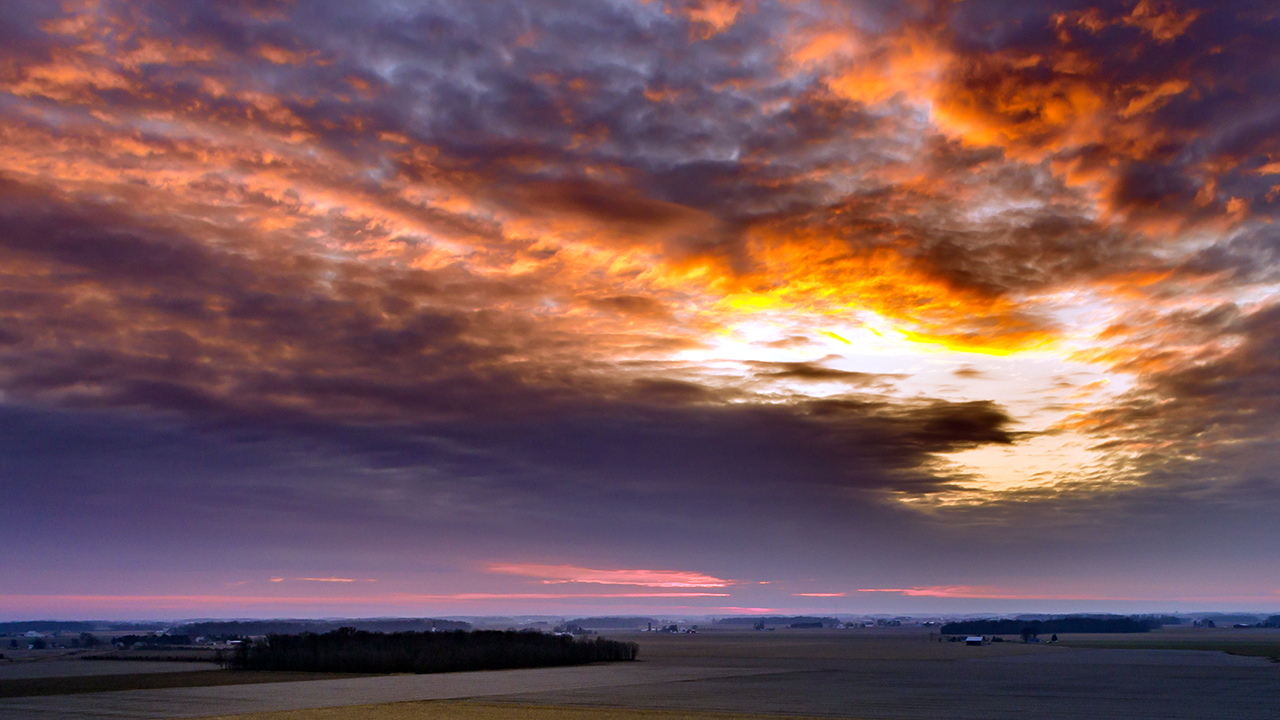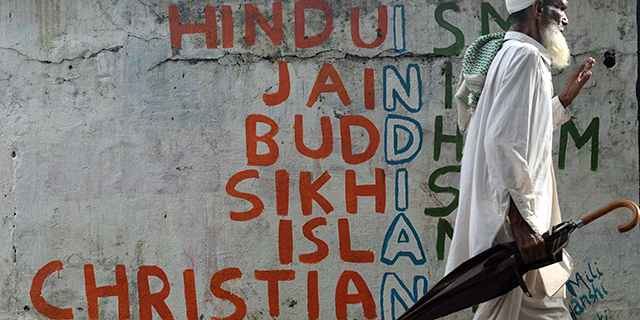
How the U.S. compares with the rest of the world on religious restrictions
The U.S. ranks in the middle range of the nearly 200 countries we analyzed to assess restrictions on religion and social hostilities toward religious groups.
The U.S. ranks in the middle range of the nearly 200 countries we analyzed to assess restrictions on religion and social hostilities toward religious groups.
Seven-in-ten Americans rate him favorably, including two-thirds of those with no religious affiliation, a Pew Research Center poll finds.
Americans are set apart from people in other nations we surveyed by their emphasis on individualism and work ethic, as well as their religiosity and optimism.
Nearly two years into his papacy, Pope Francis continues to be widely popular: Seven-in-ten Americans view him favorably, including 90% of U.S. Catholics.
Harassment and attacks against religious minorities continue in many countries there, and hostilities against Jews in particular have been spreading.
Media Contact: Katherine Ritchey, Communications Manager 202-419-4372, kritchey@pewresearch.org Washington, Feb. 26, 2015 — Worldwide, social hostilities involving religion declined somewhat in 2013 after reaching a six-year peak the previous year, but roughly a quarter of the world’s countries are still grappling with high levels of religious hostilities within their borders, according to the Pew […]
There was an overall decline in social hostilities to religion in 2013, though harassment of Jews worldwide reached a high. These are five key takeaways from our religious restrictions report.
We sat down with researcher Peter Henne to learn more about the complex process of measuring global religious restrictions.
Social hostilities toward religion declined in 2013, while government restrictions on religious beliefs and practices remained level. Harassment of Jews, however, reached a seven-year high.
Explore the levels of social hostilities and government restrictions on religion in the world's 25 most populous counties since 2007.
The Global Religious Futures (GRF) project is jointly funded by The Pew Charitable Trusts and The John Templeton Foundation. Here are some big-picture findings from the GRF, together with context from other Pew Research Center studies.
Indians see religious tolerance as a central part of who they are as a nation. Across the major religious groups, most people say it is very important to respect all religions to be “truly Indian.”
Today, most Black adults say they rely on prayer to help make major decisions, and view opposing racism as essential to their religious faith.
The Christian share of the U.S. population is declining, while the share of Americans who do not identify with any organized religion is growing. These changes affect all regions in the country and many demographic groups.










